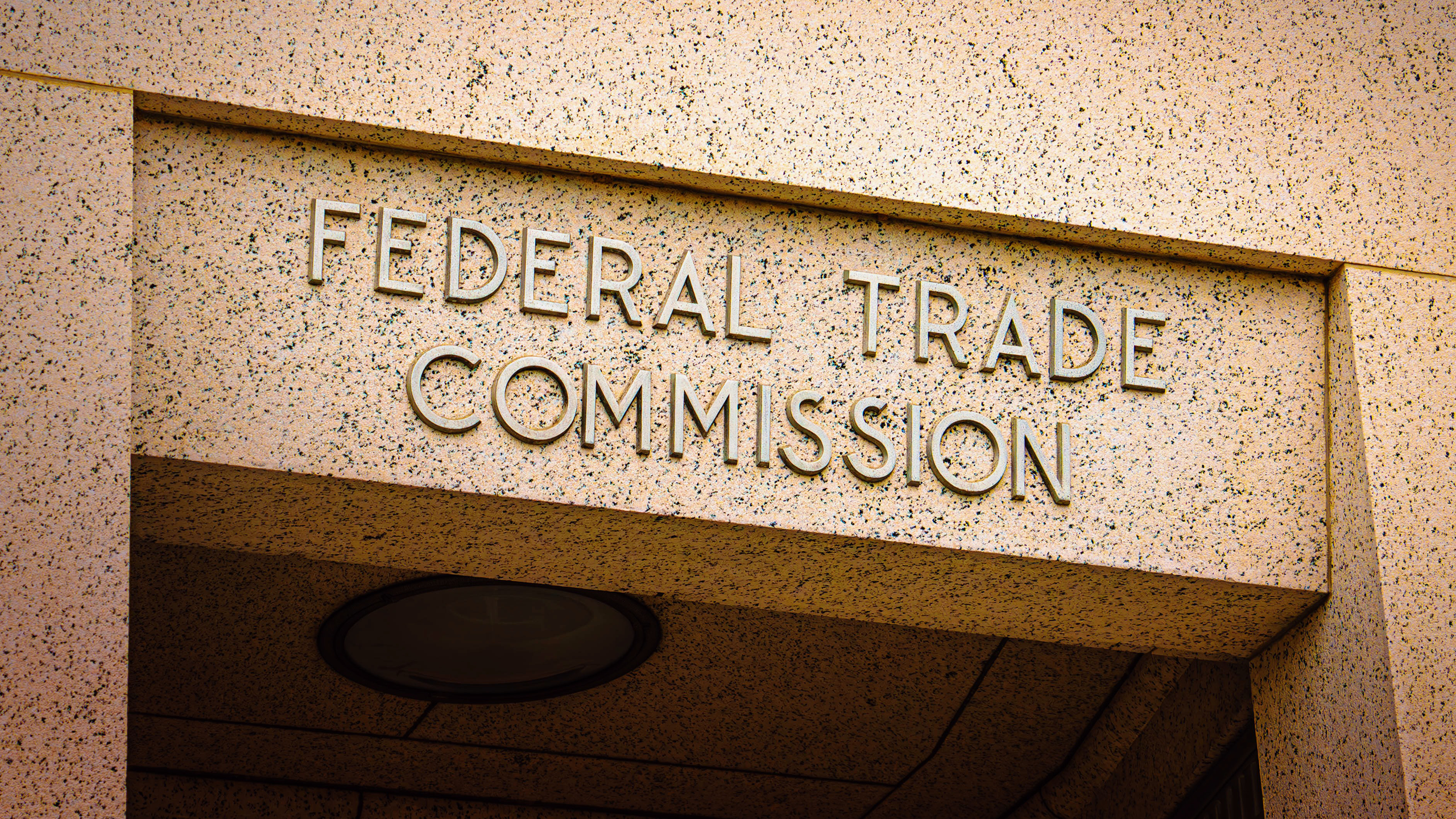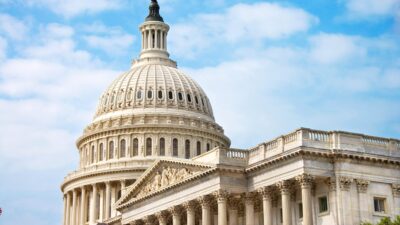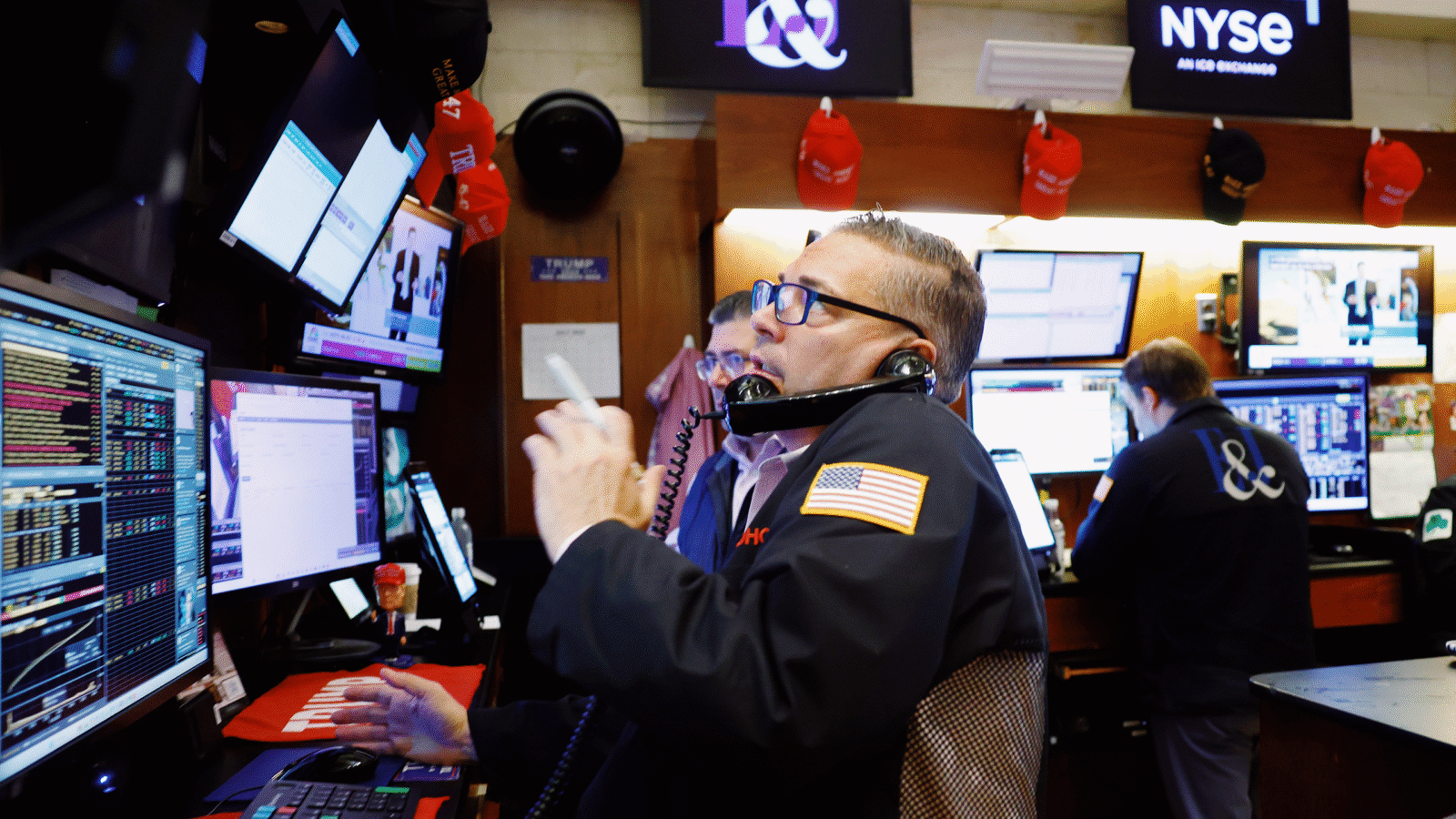Trump’s FTC is Having an Antitrust Identity Crisis
January marked one of the slowest months in M&A in a decade, and general uncertainty over Trump 2.0 policy is a major reason why.

Sign up for smart news, insights, and analysis on the biggest financial stories of the day.
Newly-tapped FTC Chairman Andrew Ferguson has done something radical by the standards of an administration determined to repeal and replace what came before on Day One: He’s left things mostly intact.
While under consideration for appointment by President Donald Trump, Ferguson vowed to end his predecessor Lina Khan’s “war on mergers.” But last week, he announced that the agency would be maintaining the strict merger and acquisition guidelines installed by Khan in 2023 — guidelines that have been reviled by much of Wall Street and Silicon Valley. So what gives?
Let’s Make a Deal
Khan’s 2023 update of the guidelines — the second such revision since 2010 — urged the agency to review how mergers impacted not just consumers or competition, but also all sorts of markets up- and downstream from a deal, such as suppliers and labor. Besides determining when the agency should try to block a deal, the guidelines also help judges presiding over its cases to interpret antitrust case law. And since their introduction, judges have cited them favorably, Daniel Hanley, senior legal analyst at the Open Markets Institute, told The Daily Upside.
While Khan has been lauded by some conservatives, including Vice President JD Vance, the 2023 guidelines have been a headache for business. Influential angel investor Jason Calcanis recently took to X-née-Twitter to say the merger guidelines “killed the VC industry.” Ferguson, for his part, defended the decision on X, saying “stability is important for enforcement agencies and the business community.”
As it turns out, Ferguson’s push for “stability” may not matter one way or the other. January marked one of the slowest months in M&A in a decade, and general uncertainty over Trump 2.0 policy — be it over antitrust, global trade, interest rates, or otherwise — is a major reason why:
- Just 873 mergers or acquisitions were completed in the US in January, a 30% decrease from a year ago and the lowest level for the month since 2015, according to LSEG data seen by the Financial Times.
- By dollar volume, deal activity fell 18% compared with a year ago, according to the LSEG data.
The start of the Trump administration has been “incredibly volatile. Whatever you thought of prior administration policy, it provided a steady and predictable backdrop for markets,” Antonio Weiss, a partner at investment firm SSW, recently told the FT, adding: “That’s been replaced by erratic policy, veering between a so-called business-friendly agenda, and trade disputes, isolationism and generally inflationary policies that cloud the interest-rate outlook.”
Sense & Censorshipability: So will Ferguson maintain Khan’s legacy as an antitrust hawk? Hanley says we’ll know based on how the agency tackles a few ongoing cases — particularly its ongoing claim that wine and spirits distributor Southern Glazer’s has engaged in illegal price discrimination in violation of the rarely enforced Robinson–Patman Act of 1936. In the meantime, Ferguson has signalled that he will likely rescind a Khan-era rule banning virtually all non-compete agreements in the US. And on Friday, he launched a new inquiry that may offer a glimpse into what’s holding his attention the most: whether Big Tech platforms banning users constitutes censorship in violation of antitrust law.











